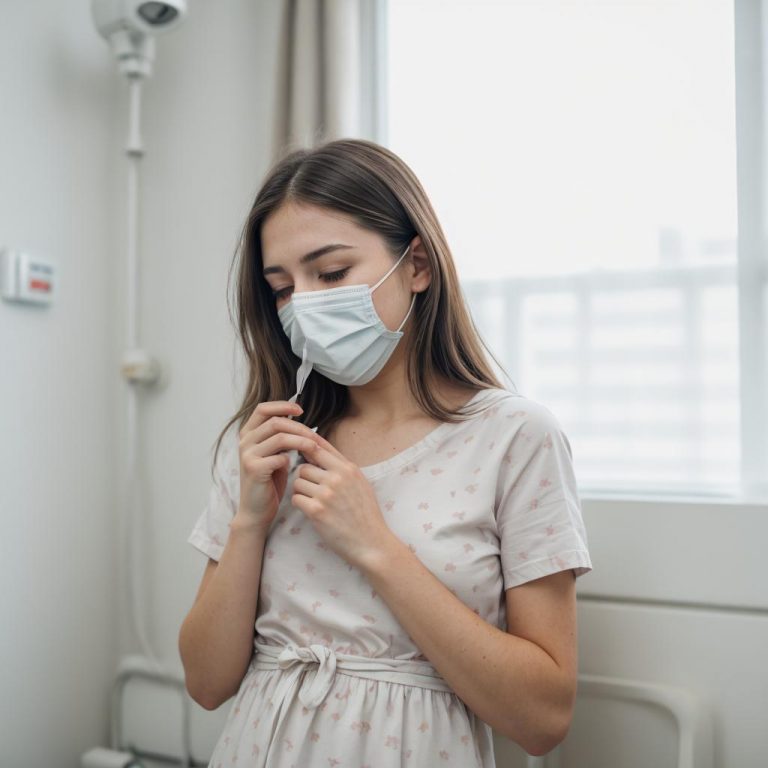
Allergy face is a term used to describe the array of facial symptoms that often accompany allergic reactions.
These symptoms can include puffiness, redness, itchiness, and even dark circles under the eyes. While allergies themselves are not typically dangerous, they can significantly impact one’s quality of life, especially when they affect the face. Understanding allergy face and knowing how to manage its symptoms can help individuals better cope with their allergies and minimize their impact on daily activities.

Common symptoms of allergy face
Allergy face can manifest in various ways, but some of the most common symptoms include:
Puffiness: Swelling around the eyes and face is a typical symptom of allergic reactions. This puffiness is often caused by the body’s immune response to allergens, leading to inflammation in the affected areas.
Redness: Allergic reactions can cause the skin to become red and irritated. This redness may be especially noticeable around the eyes and on the cheeks.
Itchiness: Itchy skin is a common complaint among allergy sufferers, particularly in areas that come into contact with allergens. Constant scratching can exacerbate symptoms and lead to further irritation.
Dark circles: Dark circles under the eyes are another common sign of allergy face. These dark patches may be due to inflammation, fluid retention, or rubbing and scratching the delicate skin around the eyes.
Causes of allergy face
Allergy face is primarily caused by the body’s immune response to allergens. When exposed to substances like pollen, pet dander, dust mites, or certain foods, the immune system may overreact and release histamines, chemicals that cause inflammation and other allergy symptoms. This inflammatory response can affect the skin, leading to the characteristic symptoms of allergy face.
Additionally, frequent rubbing and scratching of the face in response to itching can further aggravate symptoms and contribute to redness, puffiness, and dark circles.
Managing allergy face
While it may be challenging to completely eliminate allergy face, there are several strategies that can help manage its symptoms:
Avoid allergens: The most effective way to prevent allergy face is to avoid exposure to known allergens as much as possible. This may involve staying indoors during high pollen seasons, keeping pets out of certain areas of the home, or using allergen-proof covers on pillows and mattresses.
Use allergy medications: Over-the-counter or prescription allergy medications can help reduce inflammation and alleviate symptoms of allergy face. Antihistamines, decongestants, and nasal sprays are commonly used to provide relief from itching, swelling, and congestion.
Practice good skincare: Gentle skincare routines can help soothe irritated skin and minimize the appearance of allergy face. Using fragrance-free products, moisturizing regularly, and avoiding harsh chemicals can help maintain the skin’s natural barrier and prevent further irritation.
Cold compresses: Applying cold compresses or chilled cucumber slices to the eyes can help reduce puffiness and soothe irritated skin. The cold temperature constricts blood vessels and reduces inflammation, providing immediate relief from allergy-related symptoms.
Stay hydrated: Drinking plenty of water can help flush out toxins and reduce fluid retention, which may contribute to puffiness and dark circles under the eyes. Aim to drink at least eight glasses of water per day to keep the skin hydrated and healthy.
Allergy face can be a frustrating and uncomfortable condition, but with proper management techniques, its symptoms can be minimized. By understanding the causes of allergy face and implementing strategies to avoid allergens and reduce inflammation, individuals can take control of their allergies and improve their overall quality of life. If allergy symptoms persist or worsen despite self-care measures, it’s essential to consult a healthcare professional for further evaluation and treatment options.



